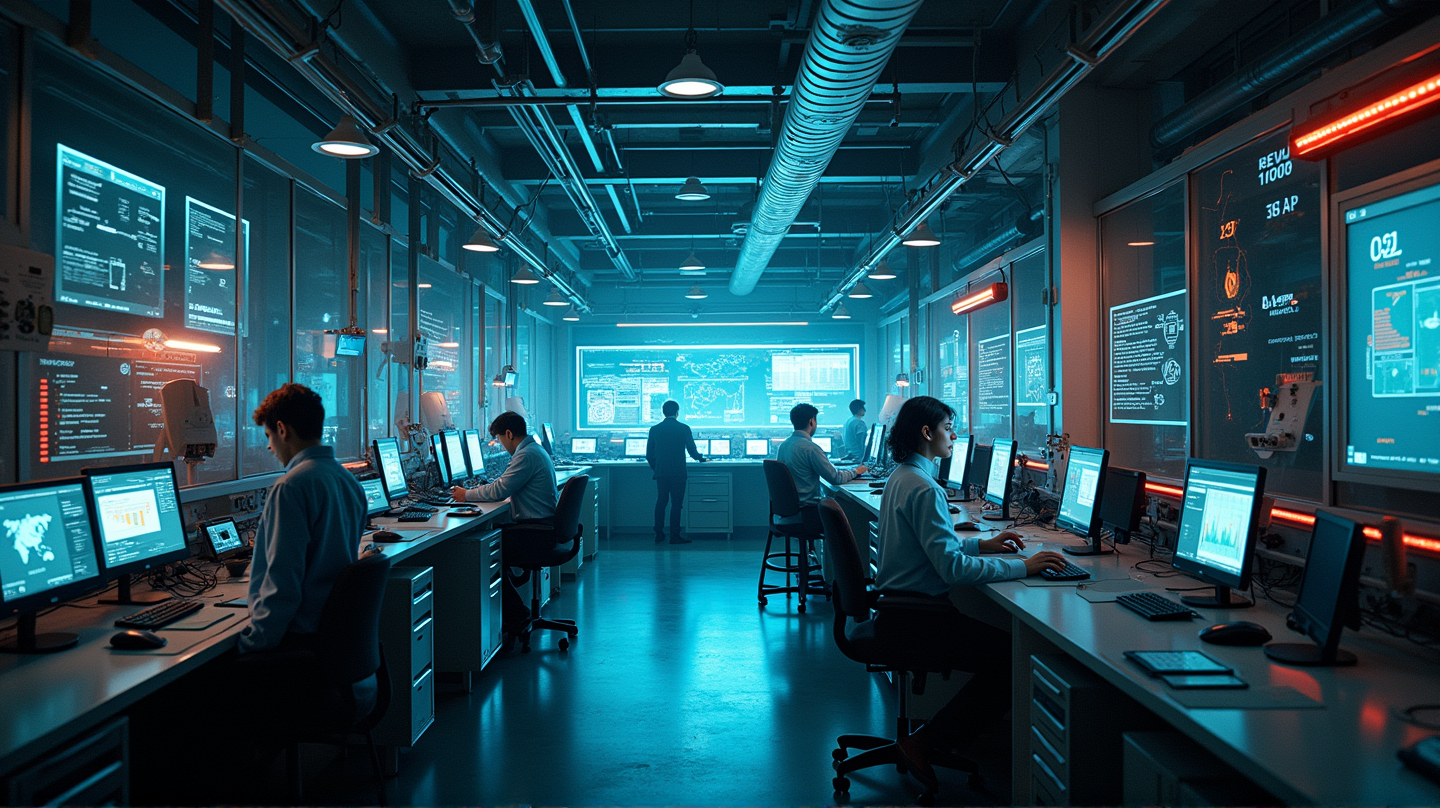Imagine a world where factories, power plants, and wind farms operate not just efficiently, but intelligently. The Industrial Internet of Things (IIoT) is heralding this transformation, embedding digitalization directly into the fabric of industrial machines. It’s no longer just about automation; predictability and AI-driven diagnostics are becoming commonplace, propelling industries into smarter operations.
The Essence of IIoT
At its core, the IIoT represents a network of connected sensors and devices working seamlessly within industrial environments. These technologies collect, analyze, and exchange data in real-time—essential for enhancing operational efficiency and asset utilization. For instance, machines on a factory floor equipped with IoT sensors can provide insights into vibration, temperature, and throughput, drastically improving visibility into complex processes.
The Power of Integration
IIoT devices bridge operational technology with IT systems, utilizing cloud and edge platforms for data acquisition and communication. This integration fosters advanced monitoring capabilities. Consider energy consumption in a factory; through IIoT, nonessential systems can be optimally managed, minimizing waste and enhancing productivity. According to BizTech Magazine, predictive maintenance further illustrates this advantage—machines alert technicians to potential problems before they cause downtime.
Realizing the Advantages
The advantages of IIoT are manifold. Efficiency is paramount—improved energy utilization, proactive maintenance, and enhanced quality control all contribute to higher productivity and sustainability. Predictive maintenance not only saves money but also prevents critical failures, ensuring seamless operations.
Addressing Security Challenges
With great capability comes significant security challenges. Each new IIoT device is a potential cyberattack vector. Organizations must prioritize asset discovery and embrace zero-trust principles to secure their operations. Monitoring network traffic for anomalies is vital—machines once secure by obscurity now necessitate robust protection strategies. Implementing these measures will mitigate risks, ensuring the seamless integration of IIoT into industrial ecosystems.
The Future of IIoT: An AI-Driven Era
As IIoT technology advances, expectations for actionable insights are rising. Artificial intelligence is becoming integral to IIoT platforms, aiding not only in data analysis but also in delivering insights in intuitive formats. Imagine field technicians relying on AI to query systems in natural language, receiving real-time diagnostics that enable more strategic decision-making.
Organizations poised to succeed in this evolving landscape are those that effectively leverage data to drive action. Embracing the IIoT revolution, with its AI enhancements and intuitive interfaces, will undoubtedly define the competitive edge in industrial operations.
As we look toward 2025, the integration of IIoT within industrial environments promises not just efficiency but an unprecedented level of innovation and connectivity.
